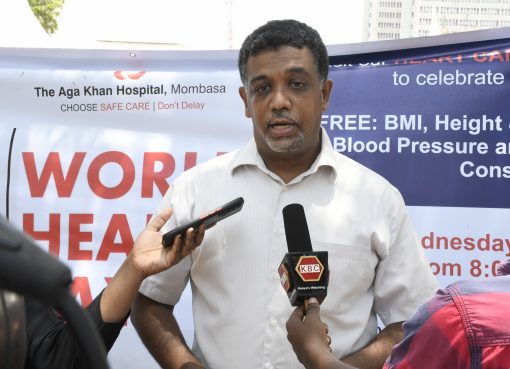Nakuru County is set to benefit from a new initiative that seeks to scale up renewable energy powered technology that will enhance value addition to the vegetable food chain.
The World Resources Institute (WRI), in collaboration with Strathmore University (SU), has launched the Productive Use of Renewable Energy (PURE) project, which seeks to identify and integrate renewable energy in the agriculture sector across five counties in Kenya, including Nakuru.
The PURE project is geared towards unlocking potential investments in clean energy solutions that support various stages of the vegetable value chain, such as powering production, cooling, refrigeration and value addition processes.
The project hopes to achieve sustainable growth by collecting detailed data and identifying areas with high potential for clean energy integration, and therefore foster a more resilient agricultural sector in Nakuru.
Director for Environment, Energy, climate change and natural resources Grace Karanja revealed that the project will involve several activities that include the review of existing data and gathering additional insights through interviews and group discussions with vegetable farmers and developing a pipeline of investable renewable energy projects.
This, she noted, will be supported by an investment prospectus for identified opportunities, collaborating with development partners, financial institutions, and investors to secure funding among others.
This partnership, the director noted, reflects Nakuru County’s commitment to advancing sustainable energy solutions and supporting local farmers.
She further noted that by embracing renewable energy, Nakuru was paving the way for a greener future as well as strengthening its agricultural sector.
The PURE concept is intended to help farmers’ access clean energy by investing in solar energy that will help run their water pumps for irrigation, therefore increasing their income.
It will also help them expand access to affordable energy to run their households and small flour milling machines.
In areas where the system is already in place, farmers are able to run irrigation schemes using solar powered generators and have therefore increased productivity.
Solar-powered cold storage facilities can help preserve the quality and nutritional value of food, reducing post-harvest losses while solar photovoltaic (PV) systems can power equipment like grinders, shredders and presses for processing agricultural products.
By Jane Ngugi




